
Paper Promises
Debt, Money, and the New World Order
Published by Public Affairs, a member of Perseus Books LLC
ISBN: 9781610391269
Pages: 304
Recommendation
You don’t think twice about handing over pieces of paper and bits of metal to pay for your purchases. Nor do retailers question accepting these seemingly simple, pedestrian items in exchange for goods and services of value. You have faith that your money is good, and so does the entire global economy. But what happens when that confidence falters? Journalist Philip Coggan traces humanity’s longstanding use of paper money and coins and explains how that practice led inexorably to the massive indebtedness that now threatens the economic lives of everyone on the planet. His book is instructive from a historical perspective and provides a thorough background review, but it offers little new to readers schooled in modern macroeconomics. His prescriptions for the “new world order” appear as a brief afterthought, with only a few well-worn opinions on next steps the global economy should explore. Still, getAbstract finds this thorough review of the history of money useful for those new to the topic and for those who wish to know how the world has enslaved itself to debt.
Summary
About the Author
Philip Coggan wrote for the Financial Times for 20 years. Now he blogs as “Buttonwood” for The Economist.









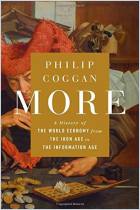
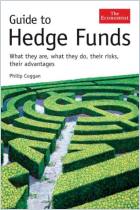
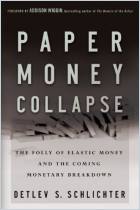
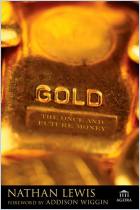
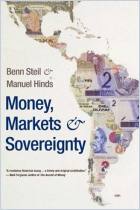
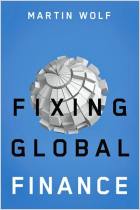
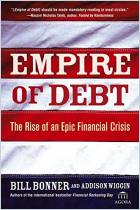
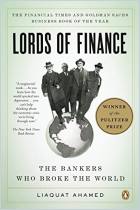



Comment on this summary or Démarrer une discussion